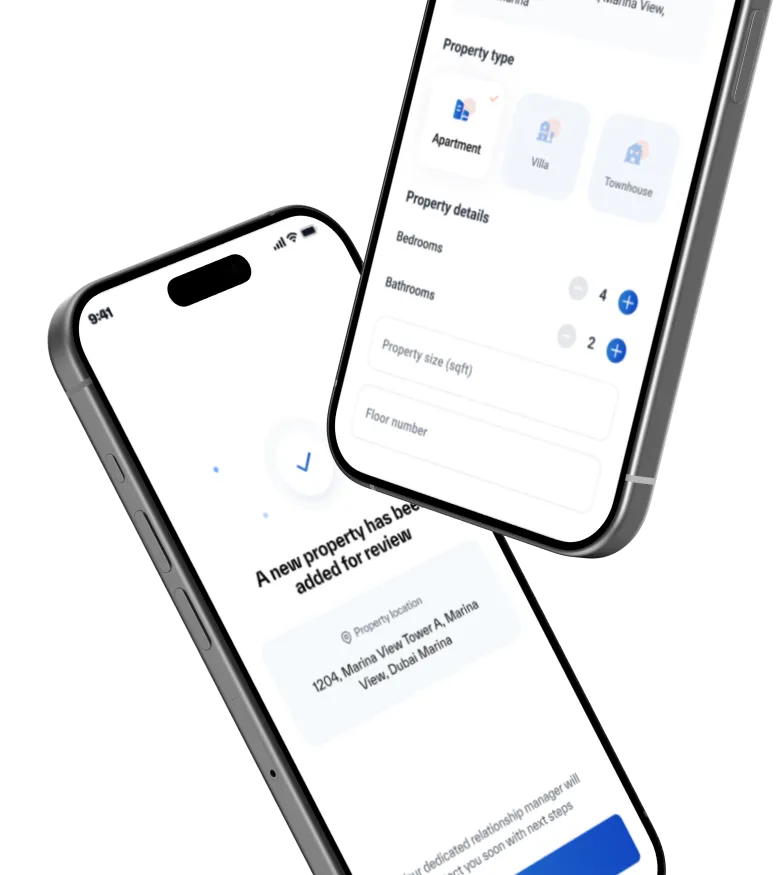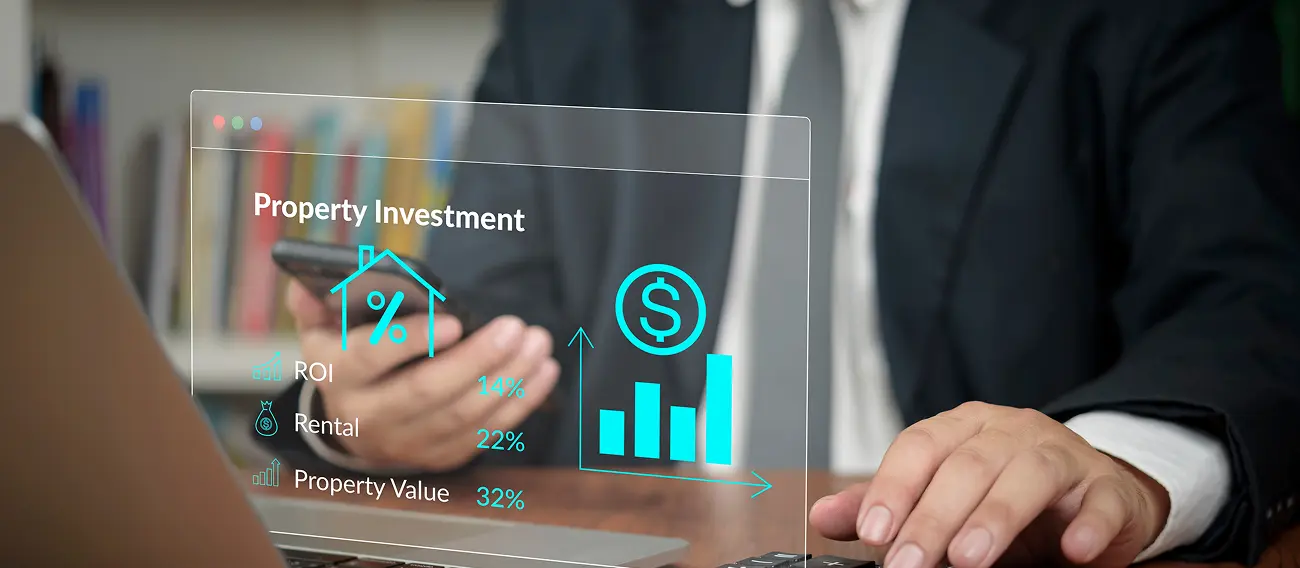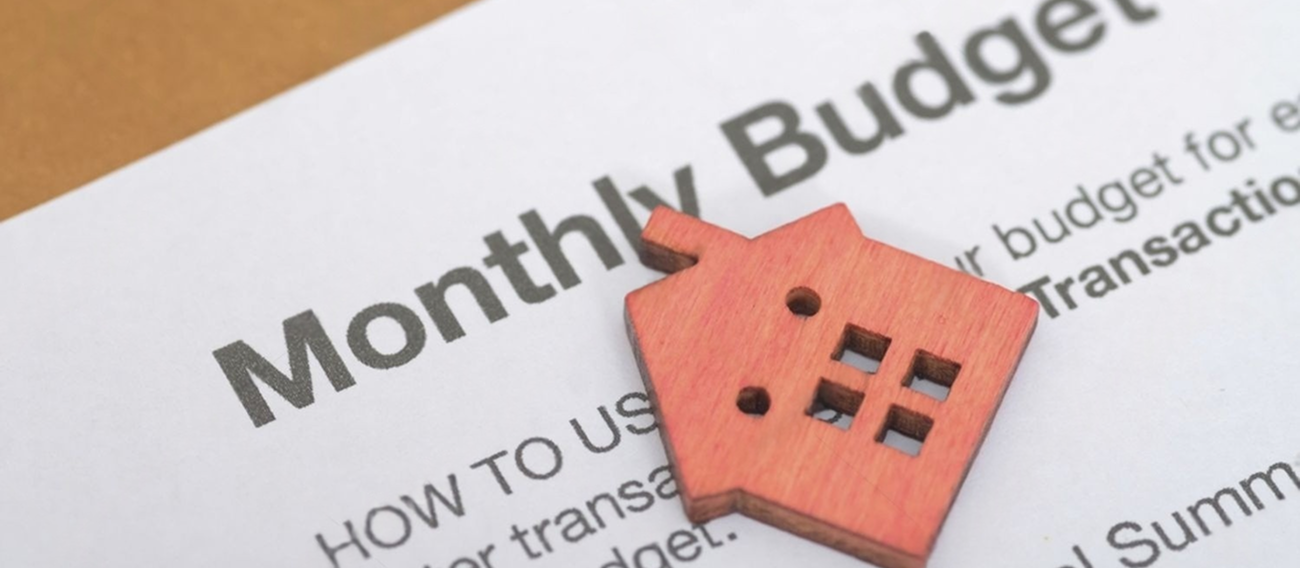What Is lease management?
Lease management is the strategic oversight of rental properties from start to finish. It plays a vital role for landlords looking to maximize returns while maintaining compliance with UAE regulations.
Unlike day-to-day property management, lease oversight focuses on long-term objectives. Landlords must ensure lease agreements align with business goals and evolving market conditions. Strategic lease management helps them do just that.
Regulatory compliance is also a key factor. In the UAE, landlords need to navigate legal frameworks like Ejari registration in Dubai or Tawtheeq in Abu Dhabi. These systems ensure lease agreements are enforceable, binding, and legally recognized.
Another vital component is financial planning. Accurate lease oversight allows for better forecasting and budgeting, enabling landlords to anticipate costs and plan for property-related expenses with confidence.
Well-executed lease management also supports risk mitigation. By staying organized and informed about lease obligations and renewal dates, landlords reduce the chances of disputes or unexpected complications. This proactive approach provides peace of mind while protecting long-term investments.
Common challenges faced By landlords In the UAE
Landlords in the UAE often face hurdles that require strong lease administration practices. Regulatory complexity stands out as a primary challenge. Each emirate has its own legal requirements, and policy updates are frequent. Staying compliant demands constant attention and legal understanding.
Tenant turnover is another major issue. A mobile workforce means frequent changes, which brings added costs in marketing, onboarding, and background checks. When paired with administrative strain, this churn can quickly eat into profits.
Rent collection is also a persistent challenge. Late payments and disputes create friction and risk legal action. Consistent follow-ups and reliable systems are necessary to manage these issues smoothly.
Maintenance coordination is equally pressing. From routine inspections to emergency repairs, landlords must preserve property value while dealing with wear, tear, and urgent requests.
Finally, lease renewals require close monitoring. Tracking expiry dates and maintaining open communication with tenants helps avoid sudden vacancies and keeps renewal negotiations on stable ground.

Key tasks in lease management
At its core, lease management revolves around efficiency and consistency. Landlords must juggle legal obligations, financial goals, and tenant relationships simultaneously.
When done correctly, this process becomes the backbone of a profitable property strategy. It involves staying on top of lease terms, managing renewals in advance, and ensuring tenants meet their responsibilities.
Thorough lease management also means keeping accurate documentation. This protects landlords from misunderstandings and enables smoother communication when updates or changes are needed.
More than a system of paperwork, it is a comprehensive approach to fostering long-term rental success and maintaining stable occupancy.

Drafting lease agreements
A lease agreement is the legal foundation of any rental arrangement. It outlines terms between a landlord and tenant and defines important details such as rent amount, schedule, maintenance duties, and renewal conditions.
Strong lease administration starts with clarity. A well-drafted contract prevents confusion, minimizes disputes, and ensures both parties understand their responsibilities. In the UAE, these documents must also align with local compliance systems like Ejari registration in Dubai.
The drafting process is not just legal. It is strategic. Every clause should protect the landlord’s interests while maintaining transparency for the tenant. This balance builds trust and minimizes risk.
By starting with a clear, enforceable lease agreement, landlords create a stable foundation for all future interactions with tenants.
Tenant screening
Tenant screening is a crucial part of effective lease management. Selecting the right tenant helps ensure timely payments and reduces the risk of turnover or property damage.
A detailed screening process looks beyond surface-level information. It includes evaluating employment history, previous rental experiences, credit scores, criminal records, and even references. These checks offer landlords insight into a tenant’s reliability and likelihood to maintain the lease terms.
When done thoroughly, tenant screening does more than protect the property. It sets the stage for respectful communication and dependable rental income. Reliable tenants mean fewer disputes, smoother lease renewals, and higher retention rates.
As part of a well-rounded lease management approach, strong screening methods ultimately contribute to a more stable and profitable rental experience.

Rent collection
This one’s all about protecting your building from the unexpected. Fires, water damage, third-party accidents. Insurance helps cover those large risks no one wants to deal with.
Part of your service charges in Dubai usually goes toward building-wide insurance. That means the structure itself is protected. But keep in mind, if you want to insure the inside of your unit, like your furniture or appliances, you’ll need a separate policy.
I found this out the hard way when a neighbor’s pipe burst and flooded my living room. Always double-check what’s covered and what’s not.
Regular maintenance
Preserving property value requires more than surface-level repairs. Lease management that includes a consistent maintenance strategy helps landlords deliver tenant satisfaction while avoiding preventable expenses.
In the UAE, routine inspections are especially important. Climate-induced wear, especially on HVAC and plumbing systems, can quickly escalate if left unaddressed. Landlords who rely on professional services maintain a higher standard of property care, which directly contributes to tenant retention.
By planning regular upkeep and handling issues early, landlords avoid costly interventions and keep the rental experience smooth. Proactive maintenance is not just about avoiding breakdowns. It is about reinforcing tenant trust and protecting long-term profitability.
Lease renewals
Effective lease management depends heavily on smooth renewals. Starting discussions with tenants 60 to 90 days before lease expiration offers enough time to address questions, evaluate current market conditions, and plan next steps.
Staying informed about rent trends and tenant preferences helps landlords adjust their strategy, keeping renewal terms competitive yet sustainable. This is especially important in cities like Dubai, where demand and pricing fluctuate seasonally.
Clear, early communication prevents surprises. A transparent process helps both parties understand what to expect, easing negotiations and improving tenant satisfaction.
A structured renewal workflow supports operational efficiency, reduces turnover, and builds long-term stability for rental portfolios.

Reporting and analysis
Good decisions start with clear data. Accurate financial reporting is a key part of lease management that includes tracking lease expenses, income, and liabilities.
When landlords analyze this data regularly, they uncover trends in tenant behavior, spot opportunities for savings, and improve budgeting strategies. Strategic analysis helps answer important questions. Is the property underperforming? Are lease adjustments needed? Are tenant needs shifting?
Partnering with a dedicated property management service can streamline this process. For more details, visit Keyper's property owner services.
Lease accounting
At the intersection of lease management and accounting services, lease accounting plays a critical role. It involves recording and managing the financial details of leases, including recognizing assets and liabilities on the balance sheet.
For UAE landlords, understanding proper lease accounting practices ensures compliance with global standards like IFRS 16 and supports transparency.
Lease accounting enables better control over cash flows, forecasting, and reporting accuracy. More than a compliance measure, it is an essential tool for improving efficiency and reducing risk in rental operations.
Compliance with accounting standards
Standards like IFRS 16 require leases longer than twelve months to be recorded as both an asset and a liability. This shift in reporting provides landlords with a more complete financial picture.
By following international norms, lease management becomes easier to track and compare. It helps landlords avoid inconsistencies and ensures accuracy in balance sheets and financial statements.
A standardized approach supports better audits, improves planning, and aligns property portfolios with modern financial practices.
Preparing accurate journal entries
Journal entries form the backbone of proper lease administration. For each lease, landlords need to document transactions in detail.
This begins with calculating the Right-of-Use (ROU) asset and lease liability at the lease’s start. That value reflects what the tenant will pay, discounted to present value.
Each month, payments are divided into two parts: interest expense and liability reduction. The interest is calculated on the remaining lease balance. As the liability decreases, the ROU asset is also gradually reduced.
Tracking these adjustments over time ensures precision in financial reports. When done correctly, journal entries offer clear insight into the lease’s impact and strengthen financial planning across a landlord’s portfolio.

Generating amortization schedules
An amortization schedule helps landlords monitor how lease payments reduce the principal balance over time. It breaks down how much of each payment goes to interest and how much to the lease liability.
Through proper lease management and accounting services, landlords can forecast cash flows and predict upcoming obligations. This not only helps with budgeting but also ensures records stay audit-ready.Maintaining accurate amortization schedules provides long-term financial clarity and helps landlords stay on top of their reporting needs.
To simplify the process, landlords can use property management software or collaborate with a service provider.
Explore more at Keyper property management services.
Transforming lease management with Keyper
Modern landlords do not have to manage leases the hard way. With lease management software like Keyper, automation simplifies daily operations and empowers property owners to take control of their portfolios with confidence.
Keyper streamlines lease administration by automating repetitive tasks such as rent collection, scheduling maintenance, and tracking lease renewals. This reduces manual work, minimizes the risk of human error, and frees landlords to focus on higher-value strategic decisions.
Real-time portfolio monitoring gives landlords access to critical property data at a glance. From occupancy rates to maintenance requests and rental income trends, every detail is visible through a centralized dashboard. This level of transparency allows for timely interventions and proactive management.
Keyper also connects landlords with experienced relationship managers. These experts provide guidance tailored to the complexities of managing property in the UAE, helping clients navigate challenges with greater clarity.
More information can be found at bravostudio.app.
Payment flexibility is another essential feature. Keyper’s “Rent Now, Pay Later” offering enhances tenant satisfaction by accommodating different financial situations. This leads to more on-time payments, fewer vacancies, and improved long-term retention.
Market insight is where Keyper adds even more value. The platform helps landlords interpret changing conditions and adjust rental strategies accordingly.
For the latest data and trends, visit Keyper insights.
In an industry where timing and accuracy matter, leveraging smart lease management software becomes a competitive advantage. With Keyper, landlords not only meet modern expectations but exceed them, running their properties more efficiently and profitably.
Smarter lease management starts with the right tools
The evolving nature of the UAE’s property sector requires adaptability. Landlords must keep pace with shifting regulations, changing tenant behavior, and fast-moving market conditions.
Lease management today is about more than occupancy. It is about optimizing returns, staying compliant, and nurturing positive tenant relationships.
With its comprehensive support model and tailored features, Keyper delivers practical tools that solve the unique challenges faced by UAE landlords.
Discover how property management becomes easier with Keyper’s software solution Keyper property management software.












.webp)


